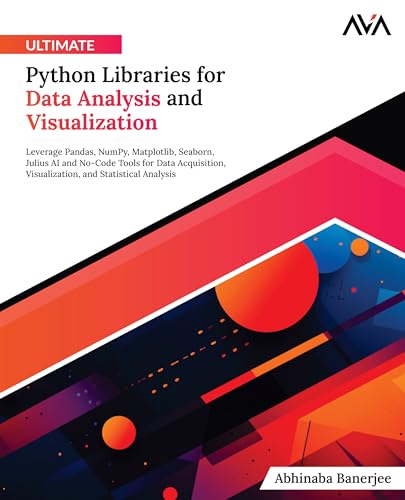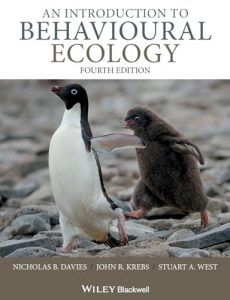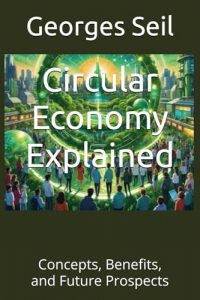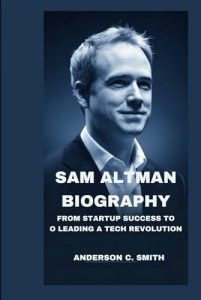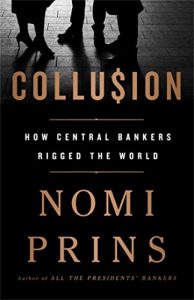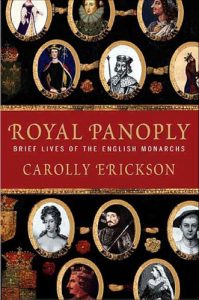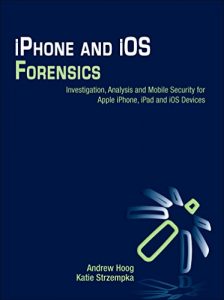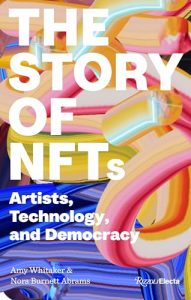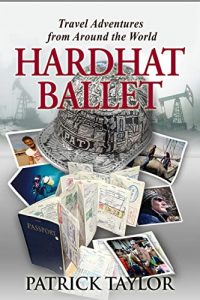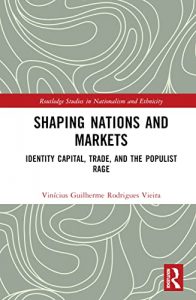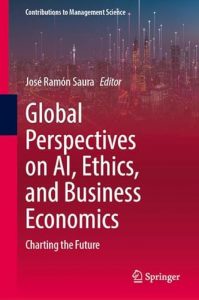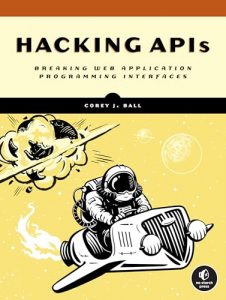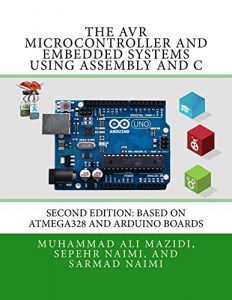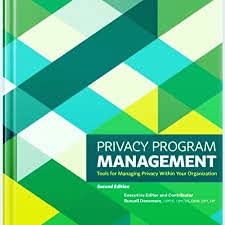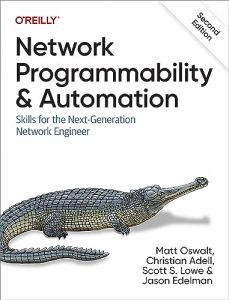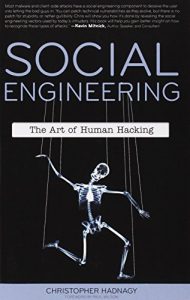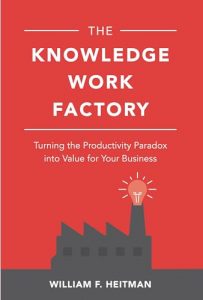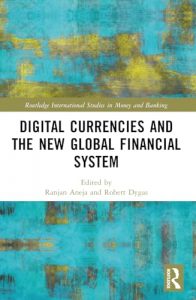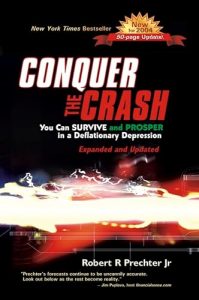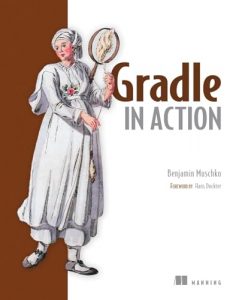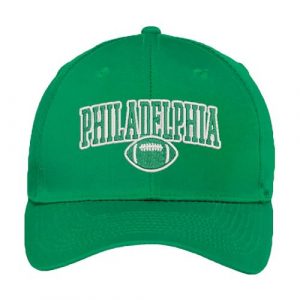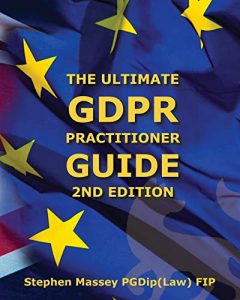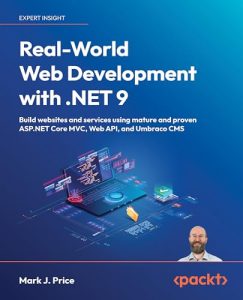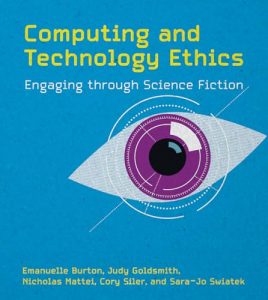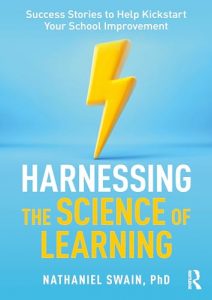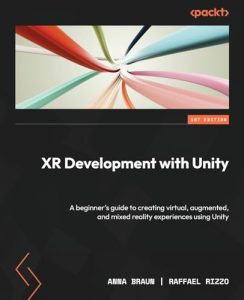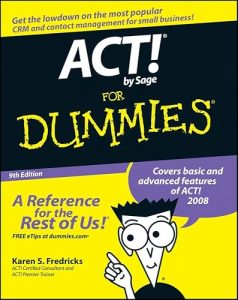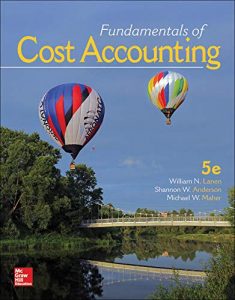1. Ultimate Python Libraries for Data Analysis and Visualization
Authored by Abhinaba Banerjee, this book is an essential read for anyone looking to harness the power of Python libraries for data analysis and visualization. With in-depth guidance on using Pandas, NumPy, Matplotlib, and Seaborn, this book serves as a comprehensive resource for newcomers and seasoned developers alike. You will learn how to leverage the capabilities of powerful tools like Julius AI and no-code solutions for statistical analysis, making complex data tasks manageable and more efficient. Whether you are a data scientist or an analyst, this book is your gateway to mastering data manipulation and presentation.

2. Python 3 Standard Library by Example
Doug Hellmann’s “Python 3 Standard Library by Example” is a definitive guide to the standard library of Python, illustrated through practical examples. This book is highly recommended for developers who want to deepen their understanding of Python’s standard modules. Through eleven modules, you will not only discover essential functions but also learn how to employ them in real-world applications. This resource is perfect for intermediate programmers eager to boost their productivity and efficiently use Python’s built-in capabilities.

3. Python Libraries
For just $1.99, you can dive into “Python Libraries,” a collaborative effort by authors Mehta, Chillarge, Rupnar, and Sapkal. This book serves as a complete guide to various Python libraries, providing insights into their applications and benefits. It is particularly useful for beginners looking to build a robust foundation in Python programming. The wealth of information in this budget-friendly book will expand your understanding of code libraries, making it invaluable for starting your programming journey.

4. Python Standard Library: a QuickStudy Laminated Reference Guide
If you’re looking for quick and easy reference material, look no further than Jayne Berajah’s “Python Standard Library: a QuickStudy Laminated Reference Guide.” This book condenses important information into an easily digestible format, ideal for both students and professionals on the go. The laminated guide is not just handy, but also an excellent resource for quick code lookups, making it a pragmatic addition for any Pythonista to keep handy.

5. Python Tools for Scientists
Lee Vaughan’s “Python Tools for Scientists” offers an essential introduction to Python’s scientific libraries, Anaconda, and JupyterLab. This book is tailored for scientists who wish to utilize Python for data analysis and computational tasks efficiently. Offering practical examples and clear explanations, it’s a great resource for researchers desiring to add Python programming into their toolkit, allowing for advanced data manipulation and experimentation.

6. Exploring the Python Library Ecosystem
In the upcoming release titled “Exploring the Python Library Ecosystem” by Kameron and Frahaan Hussain, you will receive a comprehensive exploration of the wide array of libraries available in Python. This book emphasizes the importance of selecting the right library for your project, offering deep insights into machine learning, data science, and more. For those keen on navigating this vast landscape, this guide will be invaluable.

7. Python Crash Course, 3rd Edition
Eric Matthes’ “Python Crash Course, 3rd Edition” is often hailed as one of the best beginner tutorials for learning Python programming. It covers the fundamentals in a clear, engaging manner, complemented by practical projects that solidify learners’ understanding. This book is a must for anyone who prefers a hands-on approach to learning, as it guides you through building various applications and games, enhancing both your programming skills and confidence.

8. Data Structures and Algorithms in Python
Written by Goodrich, Tamassia, and Goldwasser, “Data Structures and Algorithms in Python” is a critical resource for computer science students and professionals looking to strengthen their algorithmic thinking and coding practices. It delves deep into the core concepts of data structures and their efficiencies. Covering theory alongside code implementations, this book equips you with the knowledge to tackle complex problems and develop optimized solutions.

9. Data Structures & Algorithms in Python
“Data Structures & Algorithms in Python” by Canning, Broder, and Lafore offers an insightful approach specifically designed for developing Python skills. It bridges the gap between theory and practice, ensuring readers can implement algorithms in real coding scenarios. This book is recommended for students aiming to excel in technical interviews and is a fantastic resource for anyone eager to become proficient in data structure manipulation using Python.

10. The Python Library Reference: Release 3.6.4 – Book 1 of 2
Lastly, we have “The Python Library Reference” by Guido van Rossum and the Python Development Team. This two-part series provides an extensive overview of the Python programming language’s built-in modules and functions. Essential for Python programmers at any level, it serves as an authoritative reference guide. Having this in your collection will refine your programming practice and enhance your coding efficiency.


